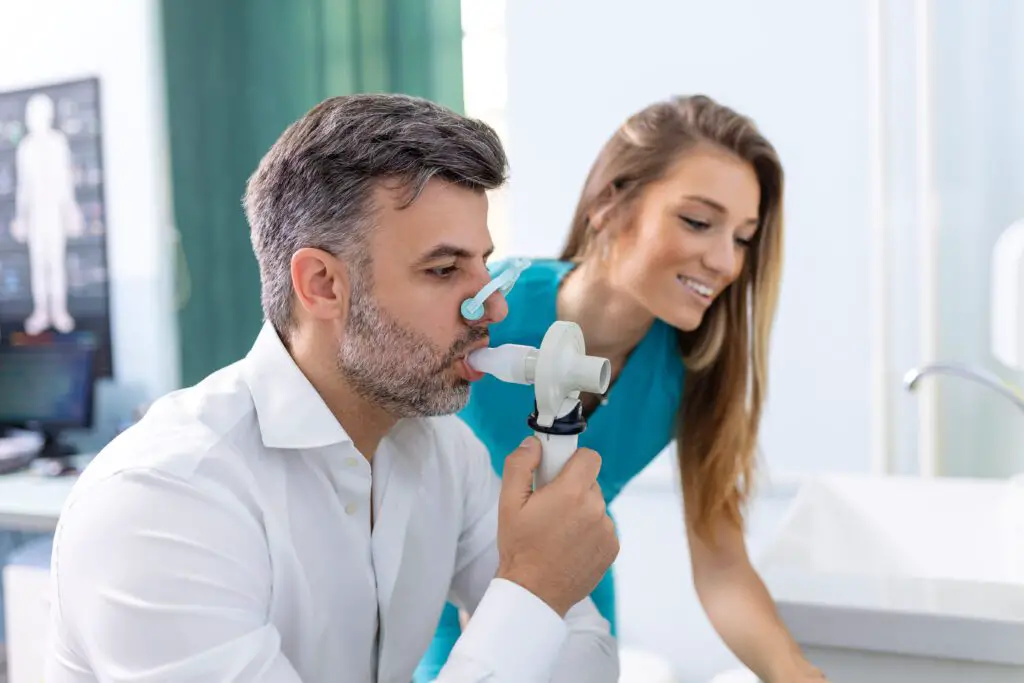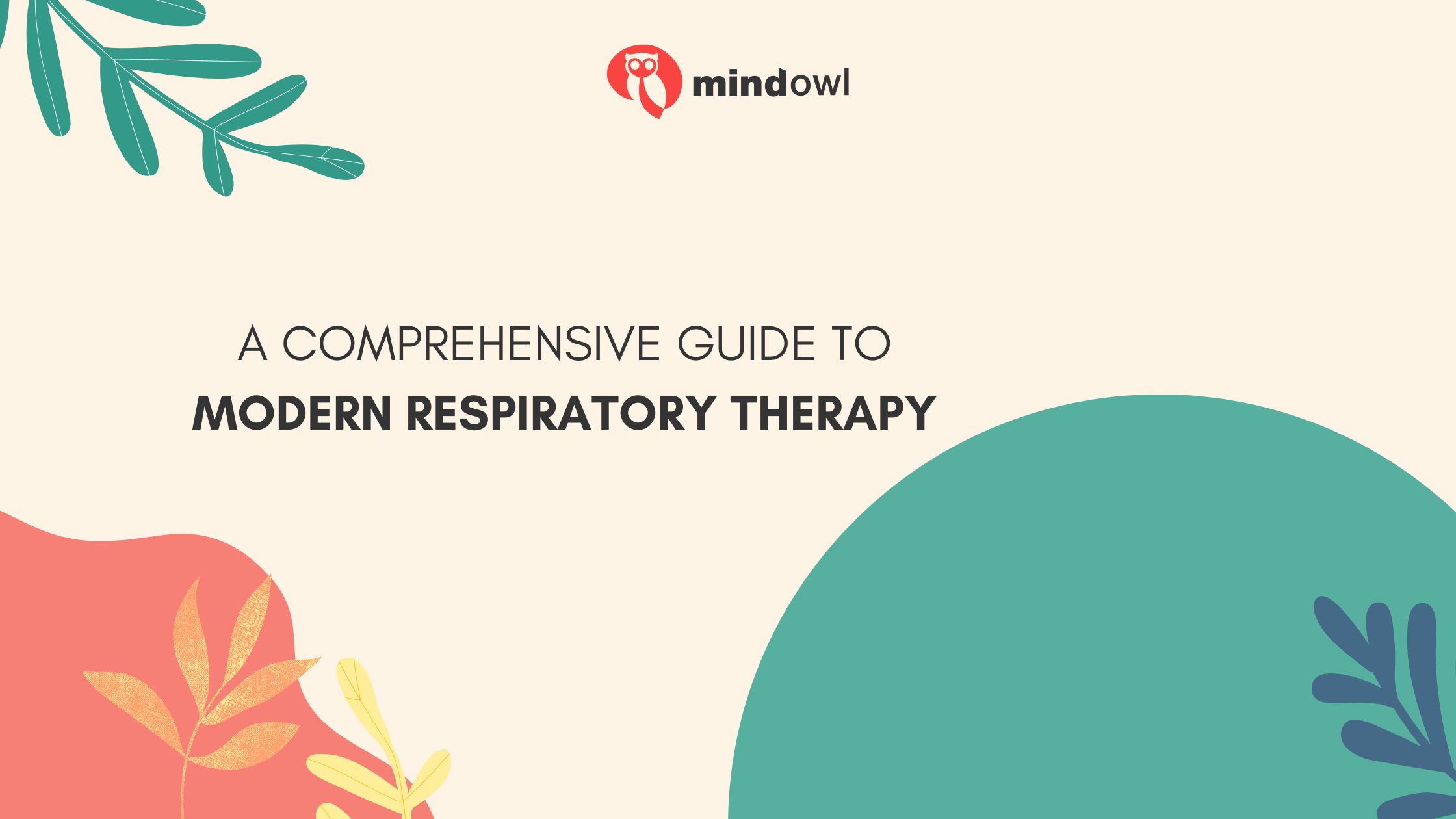Respiratory therapy, a vital field in modern medicine, plays a crucial role in the management and treatment of patients with pulmonary disorders. With the advent of new technologies and techniques, respiratory therapy has evolved significantly, offering more effective and personalized care options. This article provides a comprehensive overview of current practices in respiratory therapy, highlighting key advancements and their implications for patient care. Our goal is to offer insights and solutions for those navigating the complexities of respiratory health, whether as patients, caregivers, or healthcare professionals.
The Evolution of Respiratory Therapy
The journey of respiratory therapy from its traditional roots to its current technologically advanced state reflects a remarkable shift in medical practices. Initially focused on basic ventilatory support, the field has expanded to include a wide range of treatments for diverse pulmonary conditions, from chronic obstructive pulmonary disease (COPD) to acute respiratory distress syndrome (ARDS). Modern respiratory therapists are equipped with a deeper understanding of pulmonary physiology and pathology, enabling them to tailor treatments to individual patient needs and improve overall outcomes.

Innovations in Ventilatory Support
A cornerstone of respiratory therapy is ventilatory support, which has seen groundbreaking advancements. Modern ventilators are now more sophisticated, providing customizable settings to match the unique respiratory needs of each patient. The integration of smart technology in these devices allows for real-time monitoring and adjustments, ensuring optimal support. These innovations have significantly improved the management of critically ill patients, particularly those in intensive care units, enhancing their chances of recovery.
Advancing Beyond Ventilation: Comprehensive Respiratory Care
The scope of respiratory therapy extends well beyond mechanical ventilation. Today’s therapists are skilled in a variety of techniques such as airway management, administering inhaled medications, and conducting pulmonary function tests. The use of non-invasive ventilation techniques, such as CPAP (Continuous Positive Airway Pressure) and BiPAP (Bilevel Positive Airway Pressure), has been particularly transformative, offering effective treatment options with fewer complications.
Tracheostomy Care: A Critical Component in Respiratory Management
In respiratory therapy, trach supplies are indispensable for patients requiring long-term ventilation support. Tracheostomy, a procedure creating an opening in the neck to access the trachea directly, necessitates specific equipment for optimal care. Trach supplies include a variety of tubes, cannulas, and specialized cleaning kits, essential for maintaining an open and infection-free airway. Selecting the right supplies, tailored to each patient’s specific needs, is crucial. These tools not only ensure the efficacy of the tracheostomy but also significantly contribute to the patient’s comfort and safety during their recovery journey.
Pulmonary Rehabilitation: Enhancing Quality of Life
Pulmonary rehabilitation is an integral part of respiratory therapy, focusing on improving the overall quality of life for patients with chronic respiratory diseases. This multidisciplinary approach includes exercise training, nutritional counseling, and education on disease management. Through personalized rehabilitation programs, patients gain strength, reduce respiratory symptoms, and increase their capacity for daily activities, thereby enhancing their independence and well-being.
The Importance of Patient Education and Empowerment
A significant aspect of modern respiratory therapy is patient education and empowerment. Patients who understand their condition and treatment plan are more likely to adhere to therapy and make informed decisions about their care. Respiratory therapists play a key role in educating patients and their families about disease management, proper use of equipment, and lifestyle modifications to support respiratory health.
Emerging Trends in Respiratory Therapy
Respiratory therapy is witnessing exciting emerging trends, particularly in digital health integration and personalized medicine. Telehealth platforms are increasingly being used for patient monitoring and consultations, enhancing accessibility to specialized care. Furthermore, advancements in precision medicine are enabling therapists to tailor treatments based on individual genetic profiles, significantly improving patient outcomes. These trends not only streamline therapy processes but also open new avenues for more efficient, effective treatments, marking a promising future in the field of respiratory care.
Navigating Challenges in Respiratory Therapy
Despite advancements, respiratory therapy faces challenges, including the need for continuous training and adaptation to new technologies. Additionally, therapists must navigate the complexities of treating diverse patient populations with varying conditions, requiring a deep understanding of individualized care strategies.
Conclusion
The field of respiratory therapy is evolving rapidly, driven by technological advancements and a deeper understanding of pulmonary care. From innovative ventilatory support to the critical use of trach supplies, the approach to respiratory therapy is becoming more effective and patient-centric. Emphasizing patient education and leveraging emerging trends like telehealth and personalized medicine are also key. As the field continues to grow, these advancements promise better outcomes and quality of life for patients with respiratory conditions, showcasing the dynamic and indispensable role of respiratory therapy in modern healthcare.
MindOwl Founder – My own struggles in life have led me to this path of understanding the human condition. I graduated with a bachelor’s degree in philosophy before completing a master’s degree in psychology at Regent’s University London. I then completed a postgraduate diploma in philosophical counselling before being trained in ACT (Acceptance and commitment therapy).
I’ve spent the last eight years studying the encounter of meditative practices with modern psychology.

